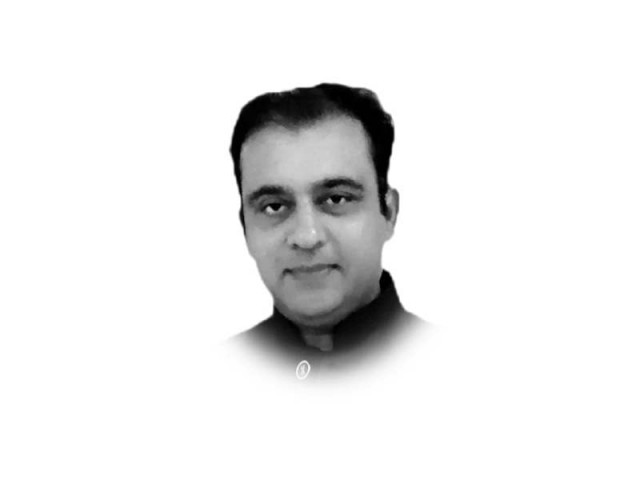Advantage China, Pakistan
Trump returned to the White House with a thumping majority, sweeping swing states

"Virtually alone in the world, Pakistan seems to have played its cards right with President Donald Trump," says Bloomberg. The same day The New York Times published an article to explain how Indian relationship took an ugly turn with the US, under Trump. The NYT headline sums up the situation like this: "India's Modi left soul-searching after failed courtships of Xi and Trump."
This was quite spectacular given India became the darling of the US in recent years as successive administrations in Washington saw New Delhi as central to its strategy to contain China. But developments of the past few months have threatened to unravel the years of investment in the relationship.
Trump is unpredictable as we all know, yet few would have imagined he would publicly ridicule his "best friend" Modi. What went wrong with them? There were different explanations. But the seeds of discord were sown in September last year when Prime Minister Modi was on a visit to the US. Biden was still at the helm as lame duck President and elections were only a few months away. Trump then announced that his "great friend" Modi would join him at a public rally. But Modi never turned up. It was reported that Modi was planning to meet both Presidential candidates.
However, his meeting with Kamala Harris, the Democrat candidate, was cancelled at the last minute. Modi's aide advised him not to meet Trump as this would send a wrong signal. Also, Indians thought Trump might not have great chances to make it to the White House. So, Modi played safe and bet on Kamala, who has Indian heritage.
But election results proved otherwise. Trump returned to the White House with a thumping majority, sweeping swing states. Modi already knew that he rebuffed Trump's invitation. Therefore, in order to control damage, he rushed to the White House and was among the first few leaders who had a meeting with Trump. On the face of it, everything seemed fine. But discussions behind the scenes were not pleasant.
According to media reports quoting Indian officials, Trump treated Modi with disdain. He pressured him to buy US weapons and oil. Modi came to the White House in order to mend ties with Trump and request him to exempt India from trade tariffs and other restrictions. But Trump in a joint press conference later dismissed those demands, termed India as the biggest exploiter in trade with the US. That was the first indication that the Howdy-Modi era was over.
Back home, critics started questioning Modi's ill-timed visit to the White House. As Trump was preparing to upend the eight decades' old global trade order, another military standoff in South Asia was brewing after the April 22 Pahalgam attack. Initially, the US showed little interest, saying it was a matter between the two neighbours. When India launched missile strikes deep inside Pakistani mainland, Pakistan responded befittingly.
In a matter of few minutes, Pakistan shot down 6 Indian fighter jets including the French-made Rafale. That shook the world as to how Pakistan with a weak economy and many vulnerabilities took on the bigger neighbour. The Trump administration soon began to realise that the situation was heading towards an all-out war. Then the US got directly involved and eventually brokered a ceasefire.
Pakistan publicly acknowledged Trump's role while India was adamant the truce happened as a result of bilateral efforts. Pakistan's befitting response raised its profile in Washington and other western capitals. Trump, who brands himself as peacemaker, wanted to take the credit. In an unprecedented move, he invited Pakistan's Army Chief to the White House for luncheon meeting.
If reports are to be believed he wanted to invite Modi too probably to arrange a meeting with General Asim Munir. Modi refused, dealing a fatal blow to their much-touted friendship. India is now scrambling to safeguard its interests. India has reached out to China for this purpose. Meanwhile, the fast changing geostrategic situation has handed great advantage to both China and Pakistan.














COMMENTS
Comments are moderated and generally will be posted if they are on-topic and not abusive.
For more information, please see our Comments FAQ